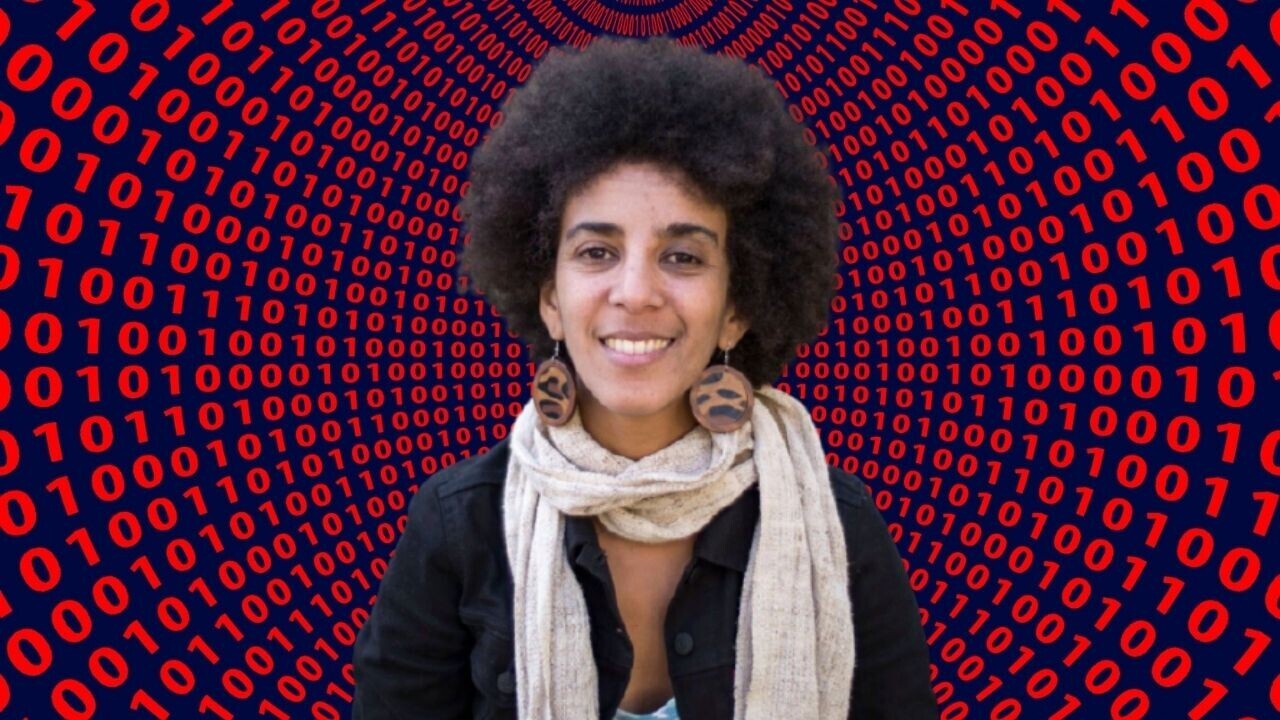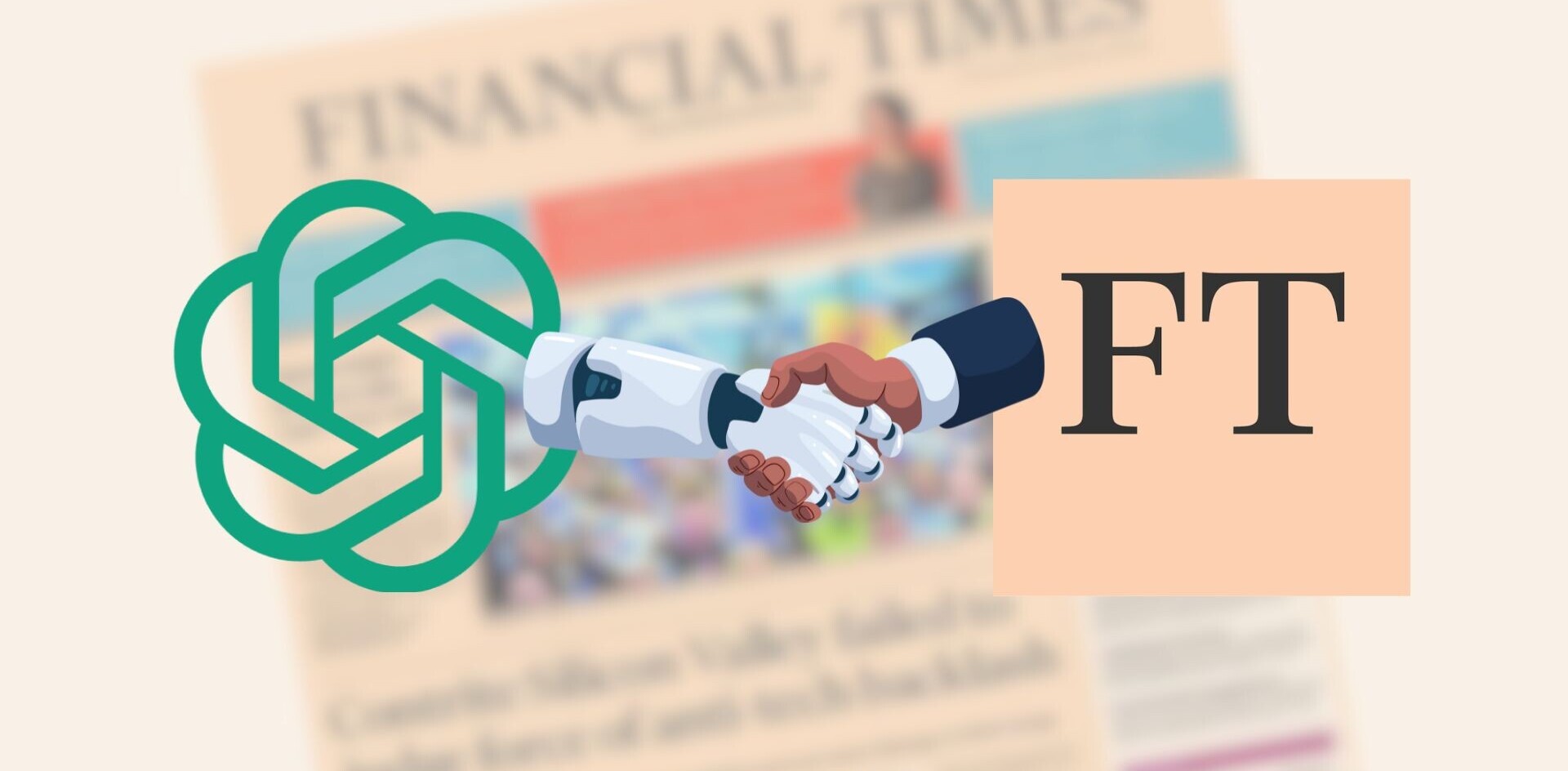
A year to the day after she was fired from Google, Timnit Gebru has unveiled plans to wrench AI research out of big tech’s grasp.
Gebru, a former co-lead of Google’s Ethical AI team, on Thursday launched an independent lab: the Distributed AI Research Institute (DAIR).
Armed with an initial budget of $3.7 million raised from foundations, DAIR will focus on long-term and community-based research — which can be hard to do in Silicon Valley.
“The incentive structures in industry and elite academic institutions that are so intertwined with these tech companies don’t — in my view — allow for the kind of work I want to do,” Gebru said at a summit organized by Women in AI Ethics.
The initiative encourages research that analyzes end goals and potential risks from the start. In addition to critiquing existing technology, Gebru wants DAIR to provide a positive model for doing AI research.
This ambition is reflected in the first word of the lab’s acronym: distributed. Gebru said nobody will have to leave their community to work at DAIR:
Technology affects the whole world, but the whole world is not getting a chance to affect technology right now. If you want community-rooted research and you need to displace people from their communities, and they have to all go to Silicon Valley… That’s not the kind of thing I want to contribute to.
At DAIR, staff will conduct research that affects their communities. Gebru gives the example of researchers in South Africa using satellite imagery and computer vision to analyze “spatial apartheid,” the geographical segregation that persists to this day.
Free from the shackles of big tech, researchers at DAIR could pursue projects that they feel are important — and communicate the results as they see fit.
Gebru has first-hand experience of how tech firms can influence these decisions. Her firing was sparked by a dispute over a research paper on the risks of large-language models, which are used in many of Google products.
DAIR might not get the funding that her previous employer could offer, but, in some respects, that could be to the institute’s benefit.
Get the TNW newsletter
Get the most important tech news in your inbox each week.



